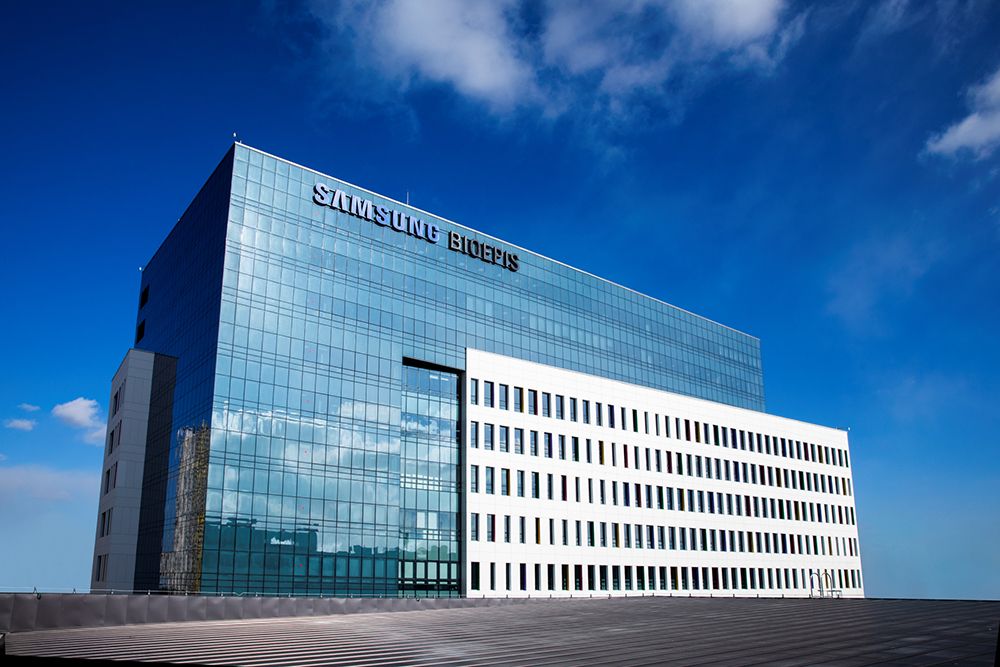- Bone Health
- Immunology
- Hematology
- Respiratory
- Dermatology
- Diabetes
- Gastroenterology
- Neurology
- Oncology
- Ophthalmology
- Rare Disease
- Rheumatology
Alvotech, Samsung Bioepis Advance on Biosimilars Gameboard
Alvotech closes on $35 million in funding, and Samsung Bioepis gets closer to marketing an adalimumab biosimilar. Alvotech's planned high-tech expansion is pictured.
Iceland-based biopharmaceutical developer Alvotech said it is getting closer to becoming a biosimilar marketer with commitments for $35 million in funds from private investors. This represents the second round of a private placement drive to secure $100 million in total. The company completed the first round for $65 million in October 2020.
Although it currently has no biosimilars on the market, Alvotech is developing biosimilars for the treatment of autoimmune disorders, cancer, and inflammation. It has signed multiple partnerships with companies around the world to market these as regulatory approvals are secured.
“We are very pleased to have secured this private placement as we embark on the exciting phase in our evolution from a developer to becoming a manufacturer and supplier of biosimilar medicines, and we look forward to bringing our first products to market,” said Robert Wessman, chair, in a statement.
Corporate Investors
The company said its shareholder base includes Aztiq Pharma, of Iceland, which was founded by Wessman; Fuji Pharma, Japan; YAS Holdings, Abu Dhabi; Shinhan, Republic of Korea; Baxter Healthcare SA, United States; Athos (Strüngmann), Germany; and CVC Capital Partners and Temasek, both of Singapore.
Most recently, Alvotech announced a partnership with Cipla Gulf to commercialize biosimilars in Australia and New Zealand. Other global distribution partnerships have been signed with DKSH, Teva, Kamada, and JAMP Pharma.
Alvotech broke ground on a new biosimilar development facility in January 2021, and in November 2020, the company filed for approval of an adalimumab biosimilar in the United States and European Union.
For more about Alvotech’s biosimilars development and commercialization strategy, click here.
Samsung Bioepis
Samsung Bioepis has reached an agreement with Yuhan to market an adalimumab biosimilar (Adalloce) in Republic of Korea by the end of June 2021. The product would reference AbbVie’s Humira, according to Korea Biomedical Review. This would represent the first adalimumab biosimilar to be marketed in Korea. Samsung Bioepis acquired regulatory license to market Adalloce in September 2017.
The tumor necrosis factor (TNF) inhibitor is intended for treatment of rheumatoid arthritis, ankylosing spondylitis, and Crohn disease. The partnership with Yuhan also calls for marketing other TNF biosimilars, including etanercept and infliximab, referencing Enbrel and Remicade, respectively. In sum, the Republic of Korea market for these 3 products is estimated at $176 million. Korea Biomed stated that Adalloce was retailed in the European Union beginning in October 2018 and had amassed sales of $396.6 million.
Newsletter
Where clinical, regulatory, and economic perspectives converge—sign up for Center for Biosimilars® emails to get expert insights on emerging treatment paradigms, biosimilar policy, and real-world outcomes that shape patient care.

